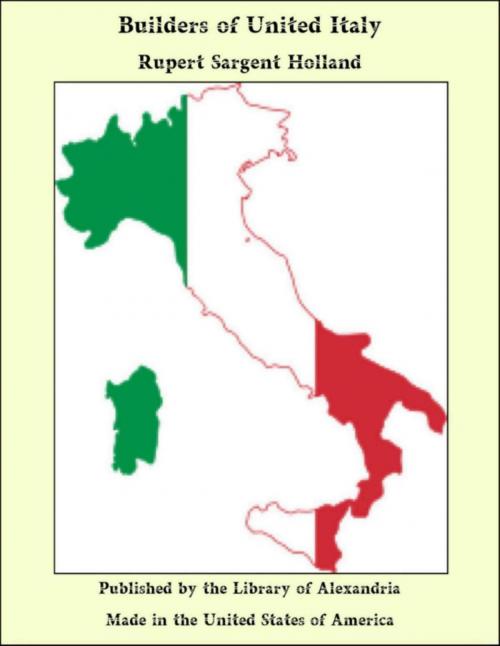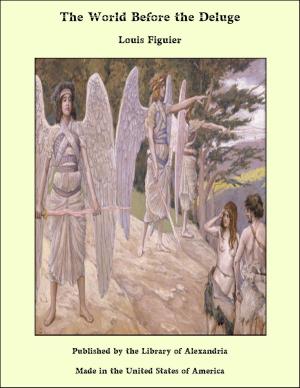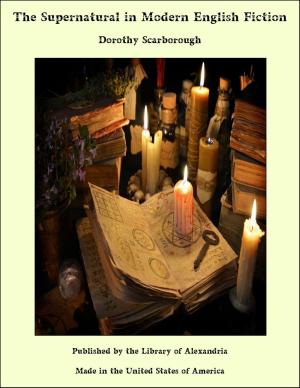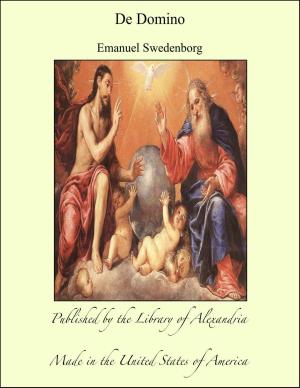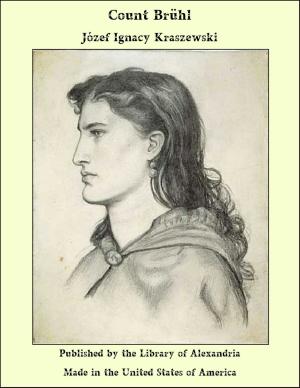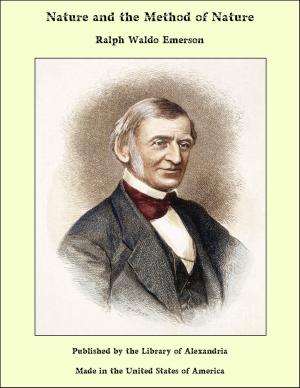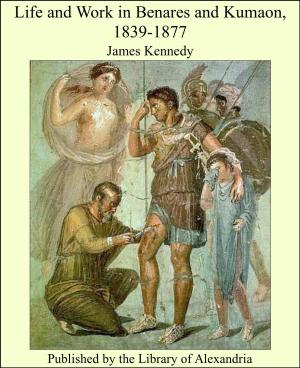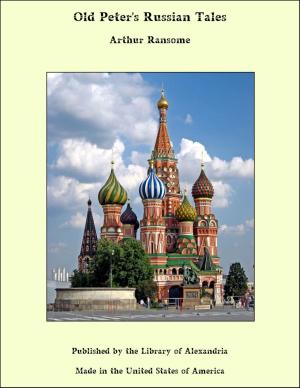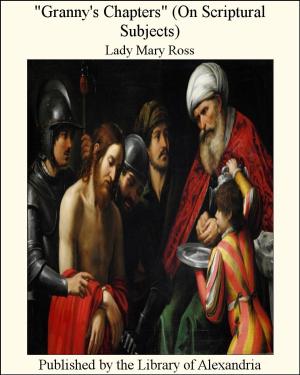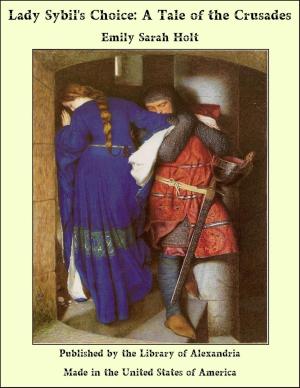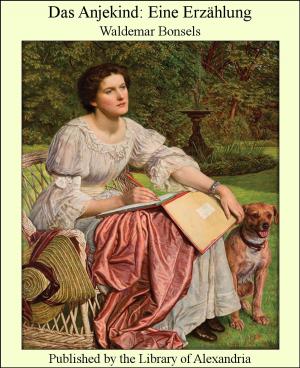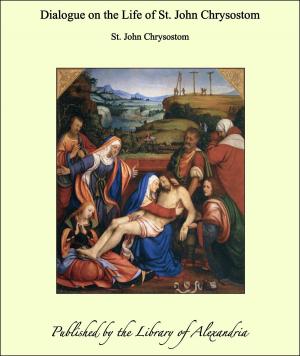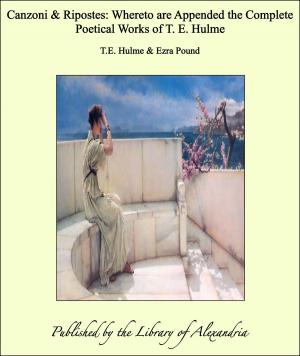Builders of United Italy
Nonfiction, Religion & Spirituality, New Age, History, Fiction & Literature| Author: | Rupert Sargent Holland | ISBN: | 9781465583475 |
| Publisher: | Library of Alexandria | Publication: | March 8, 2015 |
| Imprint: | Language: | English |
| Author: | Rupert Sargent Holland |
| ISBN: | 9781465583475 |
| Publisher: | Library of Alexandria |
| Publication: | March 8, 2015 |
| Imprint: | |
| Language: | English |
Alfieri was more than a great poet, he was the discoverer of a new national life in the scattered states of Italy. Putting aside consideration of his tragedies as literature, no student of the eighteenth century can fail to appreciate his influence over Italian thought. It was as though a people who had forgotten their nationality suddenly heard anew the stories of their common folk-lore. The race of Dante, of Petrarch, and of Tasso spoke again in the words of Alfieri. It was high time that disunited Italy should find a poet’s voice. There was no vigor, no resolution, no originality from Turin to Naples, people of all classes were sunk in apathy. No wonder that foreign lovers of mediæval Italy turned their eyes away from the seats of so much former glory; there seemed little hope in a people given over to trivial personal enjoyment. There was no liberty of speech or action—sentiment, reason, passion were all measured by the grand-ducal yard-stick.
Alfieri was more than a great poet, he was the discoverer of a new national life in the scattered states of Italy. Putting aside consideration of his tragedies as literature, no student of the eighteenth century can fail to appreciate his influence over Italian thought. It was as though a people who had forgotten their nationality suddenly heard anew the stories of their common folk-lore. The race of Dante, of Petrarch, and of Tasso spoke again in the words of Alfieri. It was high time that disunited Italy should find a poet’s voice. There was no vigor, no resolution, no originality from Turin to Naples, people of all classes were sunk in apathy. No wonder that foreign lovers of mediæval Italy turned their eyes away from the seats of so much former glory; there seemed little hope in a people given over to trivial personal enjoyment. There was no liberty of speech or action—sentiment, reason, passion were all measured by the grand-ducal yard-stick.
